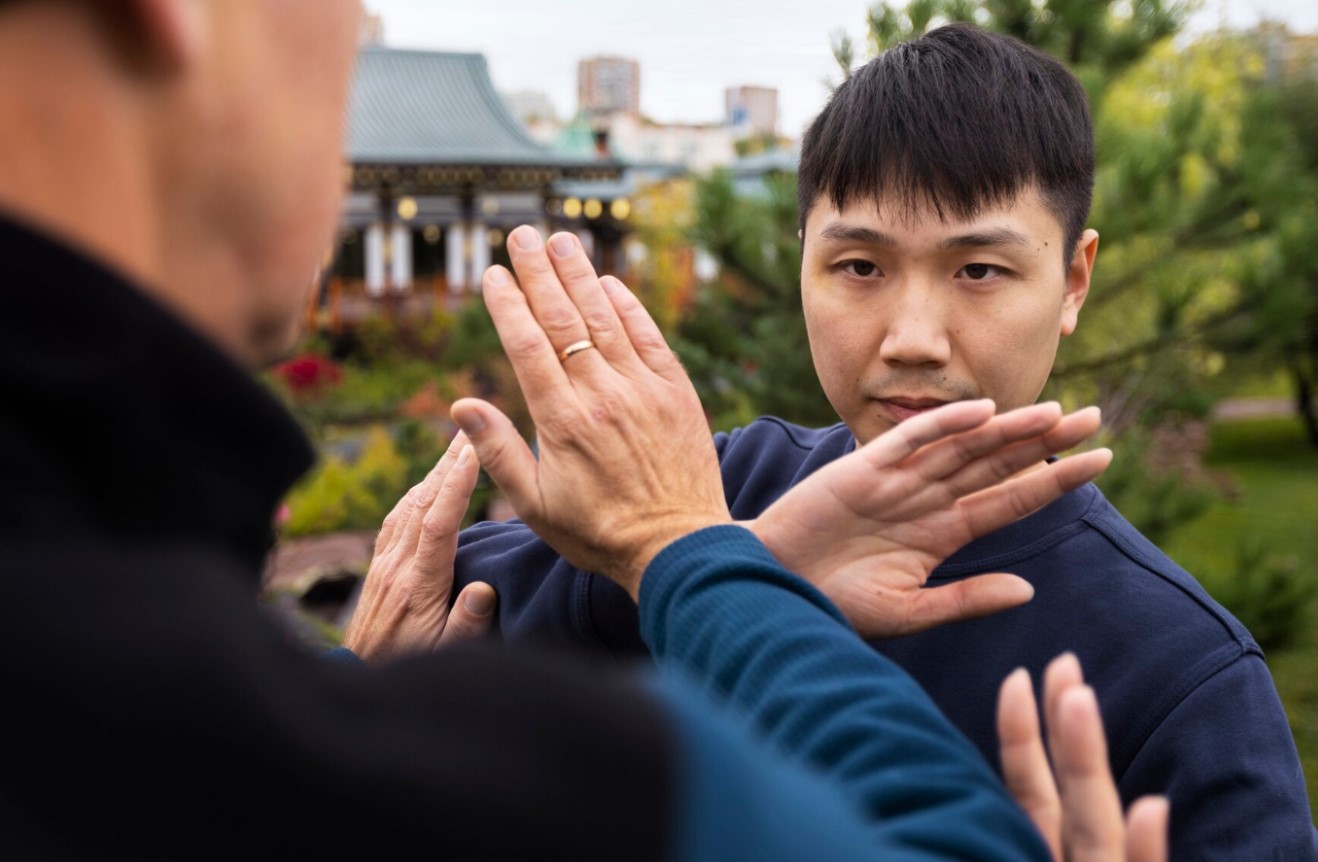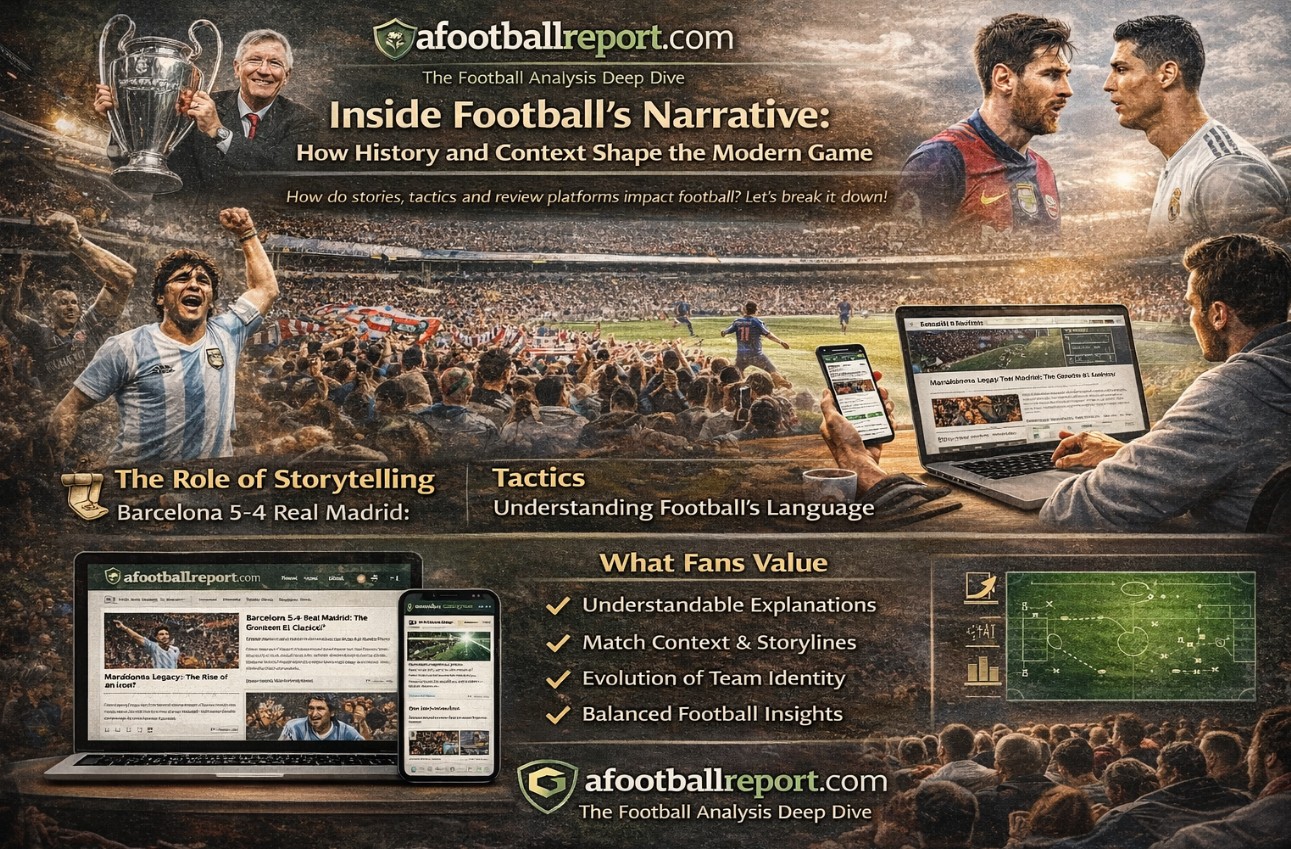Sport and Politics in Asia: Where Off-Field Influence Begins (and How Schools Play a Role)
When politics and sports combine, the usual headli

When politics and sports combine, the usual headline countries are Africa, North America, and Europe. However, in Asia, there is a distinct convergence of these two, often originating in schoolyards. The Asian model is also the Indian-Chinese-Vietnamese one, where the governments can use sports to promote national pride as well as an intermediate towards diplomatic or political goals. These school sports activities at the grassroots level are producing future Olympians who have not only athletic prowess but also civic clout.
India: Sports Programs Fueling Patriotism—and Policy
In India, sports aren't seen as mere pastimes; they rank high on the country's to-do list. Thanks to the Khelo India program, the government is investing in training camps and school games nationwide. This move does more than spotlight skill; it underscores a promise to nurture young talent, foster local teamwork, and enhance India's image abroad. Even platforms like MelBet live casino have seen increased interest from fans who follow sports for both passion and entertainment, highlighting how deeply integrated athletics have become in daily life.
For schools in Delhi, Mumbai, and even small towns, a big tournament win can bring money for new gear, uniforms, and buses that get teams to key matches. A standout athlete doesn't just pile up medals; they become a shiny symbol that local politicians grab when they want voters to think they care about India's children. Once these sports stars reach the Olympics, many of them transition into politics, and with their fame, they continue to advocate for better facilities, such as fields, gyms, and pools, in the neighborhoods where it all began.
China: Sporting Excellence as National Soft Power
In China, the methods are more methodical: children are identified as early as ten years old, and they are taken to state-supported sports schools. The wins in the Olympics and world titles are triumphs that are flaunted as recognition of China's presence in the world and its discipline. This national pride even extends into fan culture, where interests like football betting have become popular ways for supporters to stay engaged with their favorite teams and matches.
At the school level, elementary-age children are trained in track and field, gymnastics, or table tennis. When they take the medals, it is not only their win; it is considered a win for China. The promotion is strong: be the best at sports, and serve your nation. Medals are headlines, and medalists turn out to be ambassadors of Chinese power and solidarity.
Politics Gets Personal: Athlete-Politicians
Across the globe, athletes-turned-politicians are popping up everywhere, with Olympians leading the way. Take India, where a gold-medal wrestler is eyeing a seat in Parliament, or Vietnam, where a famous gymnast has already landed a spot on the city council. When these stars trade their uniforms for suits, they carry the same cheers, trust, and spotlight they earned on the field straight into the room where laws are signed.

Vietnam: Community Sports, National Ambitions
Vietnam sits between the energetic chaos of India’s street sports and the organized drills you’d find in China’s state centers. Government-funded classes are emerging in many remote villages, providing children with access to facilities such as badminton courts, soccer fields, and even rowing teams. At the same time, neighborhood clubs help maintain the momentum, spotting talent and encouraging athletes to reach new heights. When a kid from the countryside wins a medal or breaks a record at a regional meet, it becomes a story that everyone shares, proving that rural youth can stand proud on the world stage.
Local politics also come into play; mayors and district chiefs proudly sponsor tournaments or back a team, using the spotlight to garner smiles at home. These rising stars enjoy quick fame and are treated almost like superheroes, which aligns with their dedication to hard work and developing a more profound sense of belonging and loyalty to their hometowns.
Why Schools Matter: Where Sports and Politics Meet First
School sports serve multiple roles:
- Talent spotting – Coaches and teachers became the first link between raw ability and future success.
- Political writing – Schools receive funding when their teams do well, turning athletic success into votes.
- Social outreach – Sports events at schools bring communities together, with locals cheering, officials attending, and media taking notice.
- Talent cultivation – Schools act as pipelines, guiding athletes toward specialized training and national teams.
This creates a natural progression: childhood competition leads to national representation, which in turn leads to medals and influence, all of which begin with a school event.
A Country-by-Country Look
| Country | How Politics Influences Sports in Schools |
|---|---|
| India | National funding pushes local development and political visibility |
| China | State-run schools train champions who symbolize national pride |
| Vietnam | Local leaders support sports teams for community unity and image |
The Benefits (and Risks)
This close relationship brings several upsides:
- Better facilities – Schools get better equipment and coaches.
- Morale boost – Local pride increases when local athletes succeed.
- Inspiration factor – Children see real-life examples of hard work paying off.
But there can be downsides too:
- Pressure on young athletes – Labels like ‘poster child’ create high expectations.
- Unequal support – Rural school programs are often underfunded compared to those in urban areas.
- Political exploitation – Athletes may be used more for image than actual influence.
Looking Ahead
Kids across Asia are turning dusty schoolyards and noisy gym halls into mini-training camps, and that work is sketching the region's Olympic future right now. They sweat for more than shiny medals; they imagine becoming coaches, teachers, talent scouts, or the local heroes who lift whole neighborhoods. The next time a news story claims sports can change society, picture these playing fields, where backyard pride grows into national hope and one gold medal can shape laws and daily life.







